The W.K. Kellogg Foundation has convened a cohort of influential investors (endowments, investment banks, corporations and individuals) for an experience called Reimagining Opportunities for Investment (ROI) in the South, an exploration of diverse investment opportunities in the U.S. South. This dynamic group of investors is coming together to mobilize a sustainable investment ecosystem for Black, Indigenous, Latino and other undercapitalized communities of color in the American South.
Following our feature looking at the region as a whole, this story looks at opportunities in Mississippi.
Mississippi: one of the most overlooked yet naturally resource-rich places in the U.S. The Magnolia State has always been a source of tremendous innovation, creativity, talent, culture and economic opportunity, but the vast majority of it has been exported or exploited for the benefit of other states. Now is the time for Mississippi’s value-add to be added to Mississippi.
An understanding and appreciation of the economic, social and political history of the state is critical to making investments that generate wealth for communities. Like so many places in the South, Mississippi’s economy and culture are shaped by the history and impact of settlers and slavery. Indigenous populations faced multiple waves of European settlers in the 1600s and 1700s; plantation slavery, the Civil War, the Great Migration and Jim Crow-era violence and discrimination all contributed to the entrenched disenfranchisement of Black Americans from political and economic power.
The consequences persist: the devastating 2022 water crisis in the capital city of Jackson left hundreds of thousands of primarily Black residents without safe drinking water. This crisis was years in the making and is the tipping point of decades of systemic racism and disinvestment in low-income communities and communities of color.
By closing the racial equity gap, Mississippi stands to realize a $54 billion gain in economic output by 2050. People of color will soon represent the majority of Mississippi’s population, workforce and consumers, but racial disparities persist across housing, education, wealth/income, incarceration and access to capital, among others. The state represents a tremendous opportunity for investors looking to use their capital to close the racial wealth gap and bring sustainable growth to communities.
The business and investment opportunities
WKKF designated Mississippi as a priority place for investments and building partnerships in 2008, supporting sectors such as health, education, and workforce development. Through this work, the foundation’s program and investment teams identified that increasing local business ownership has the potential to be a key driver of generational wealth. However, access to capital in Mississippi is even more stratified than it is nationally. Women and people of color in Mississippi face significant barriers to start-up, stay-up, and scale-up capital.
As such, investors have an opportunity to strengthen the ecosystem of access to capital, reaching the state’s large unbanked population and providing entrepreneurs across sectors the opportunity to start and grow businesses and create more jobs. Community Financial Development Institutions (CDFIs) and community banks have been a lifeline for small business owners in the places where many community members are underbanked and left out.
Investment case studies
To illustrate the kinds of investments that can fill critical gaps in Mississippi, the foundation’s Mission Driven Investment (MDI) team highlighted two examples of investments they have made in the region: Hope Credit Union and Southern Bancorp Bank. Both institutions are reaching populations not served by traditional lenders and have seen growth as well as impact in recent years. The message both their CEOs emphasized is that investing in these communities is not only possible – it represents an undervalued opportunity. Hear more from John Olaimey, president & CEO, Southern Bancorp Bank and William J. (Bill) Bynum, CEO, Hope Credit Union in the video below.
Watch the full conversation:
Hope Credit Union
Hope Credit Union (HOPE) is a community development credit union that aims to provide historically disinvested communities, particularly Black communities, with access to affordable capital. It was founded 30 years ago in the Delta region, historically one of the most economically distressed parts of the country, and has since expanded to 5 states. To date, HOPE has generated more than $3.9 billion and reached more than 2.7 million people. WKKF made grants to HOPE for years before it made its initial investment in 2018. CDFIs led by people of color are undercapitalized 2:1, so grants and investments that increase the capacity of institutions like HOPE both to disburse more capital and to attract additional investment are what ultimately help it reach more people in communities overlooked by traditional banks.
Southern Bancorp
Southern Bancorp is a community development financial institution that provides affordable business and personal financial products to communities in the South that lack access to traditional capital. Southern Bancorp is able to reach some of the most disinvested places in the South – including communities where the population is 500 to 600 people. Since 2017, Southern has helped to create or retain more than 100,000 jobs. During the height of the pandemic, Southern Bancorp distributed more than $158 million in PPP loans. In early 2010, WKKF made a $5 million mission-related investment into Southern with $4 million in preferred stock and $1 million in common stock. Investing equity rather than only cash provided Southern with more flexible capital, enabling the organization to raise more capital and expand to more underserved communities.
Looking Ahead
Additional ROI in the South sessions dive into specific sectors and geographies, including a virtual stop in New Orleans and reentry and agricultural investments. The following are helpful for us investors to keep in mind as we explore opportunities in Mississippi:
- Investing early in under-the-radar community development corporations, who often have invested in communities that need it most, takes more “elbow grease” than an investment into a well-capitalized institution with a more traditional track record.
- Investments in the ecosystem of a community has a knock-on effect and can help to create hubs. Investments in CDFIs and community banks create the enabling environment for a venture capital system, attracting more entrepreneurs and capital.
- Much of the economic development in Mississippi has been driven by exploitative sectors/companies, many of them supply-chain companies. Economic exploitation is a form of systemic racism, so investors need to have a proactive racial equity lens to ensure they are not replicating those patterns.
- In economically distressed places, investors can move from seeing crises to seeing opportunities. For example, what opportunities does outdated water infrastructure present in terms of sanitation & recycling businesses and creating more jobs for water operators?
Related Links:

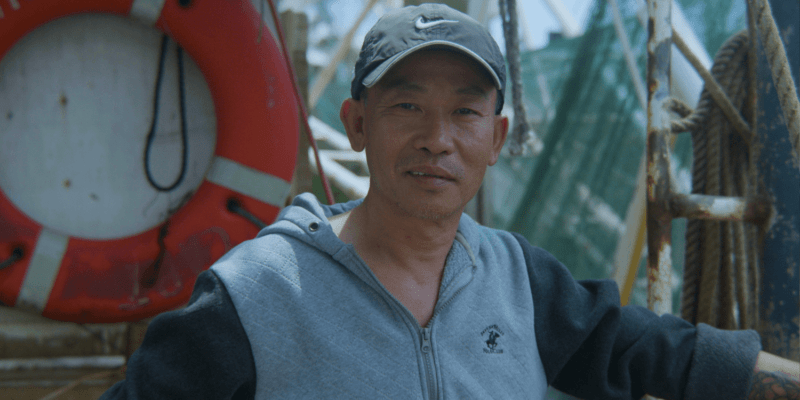
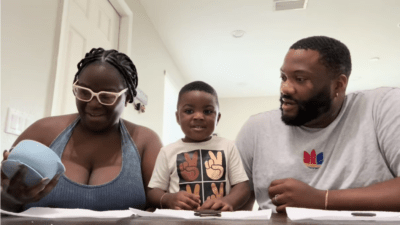
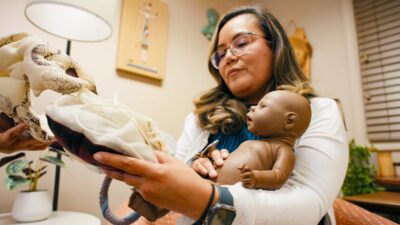
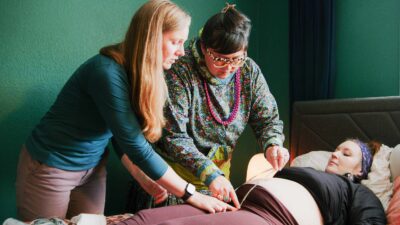
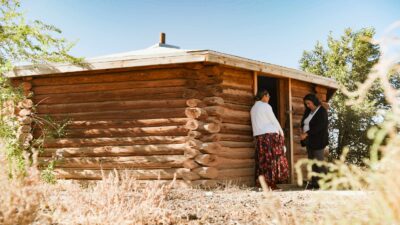


Comments